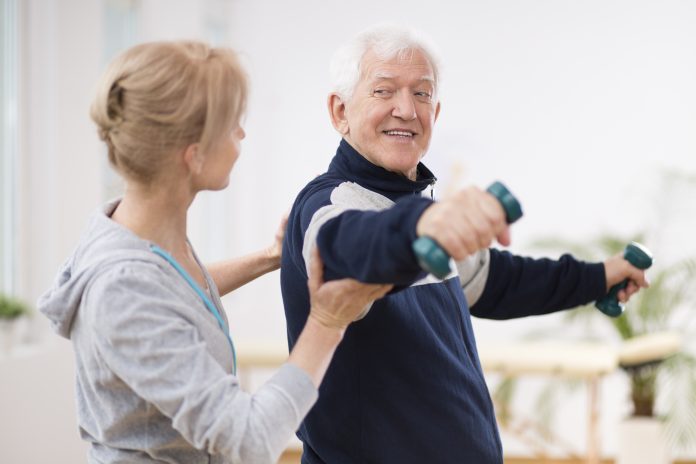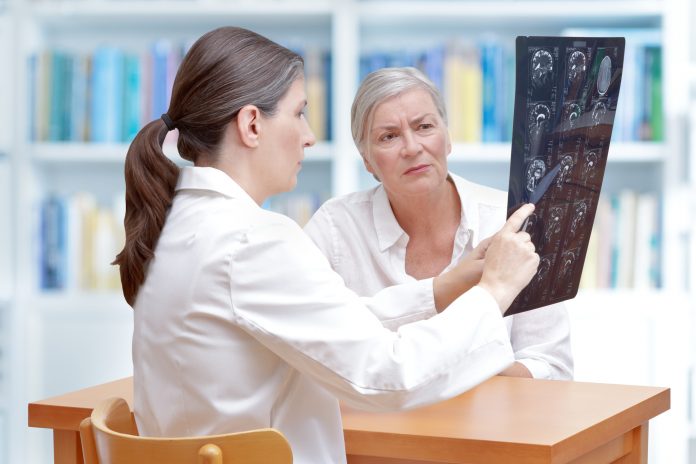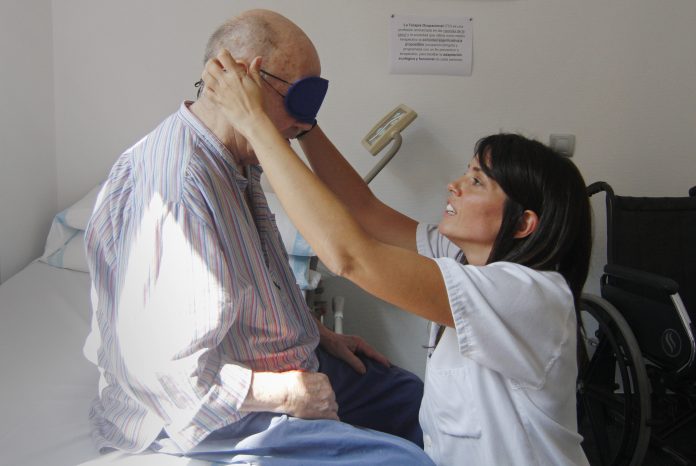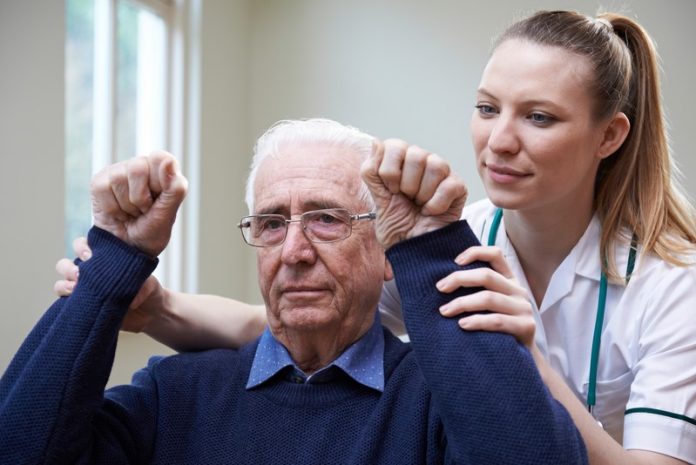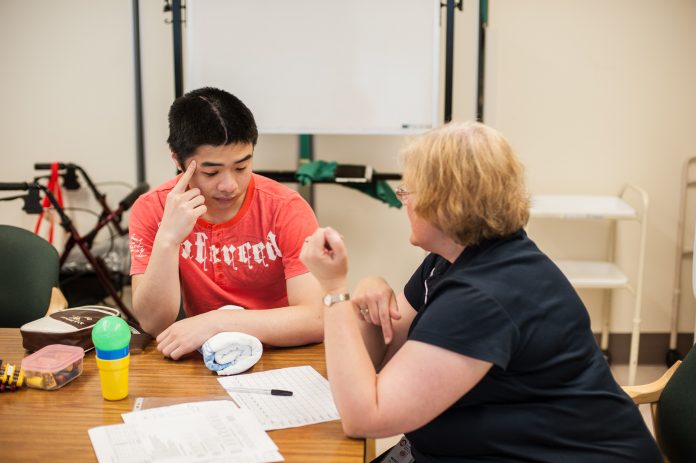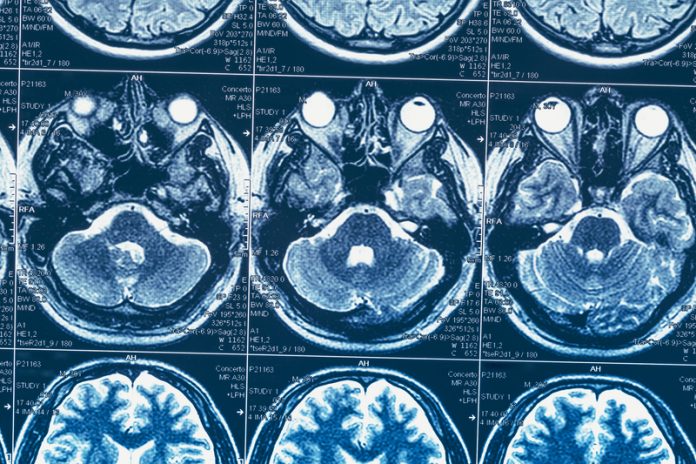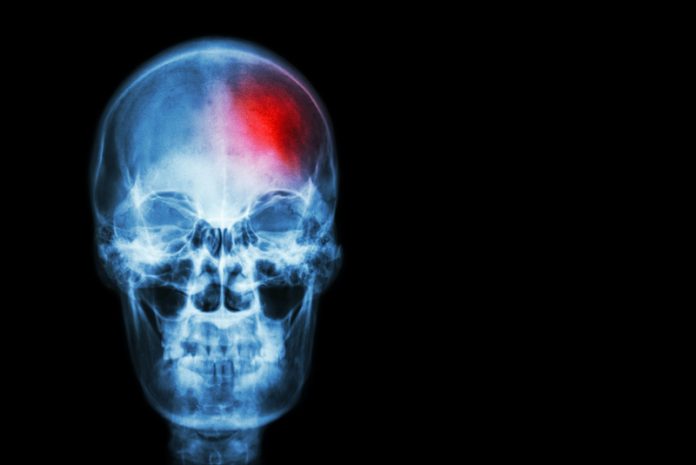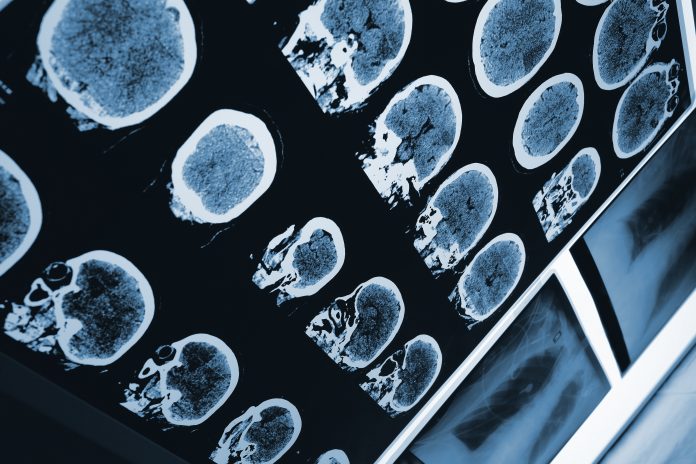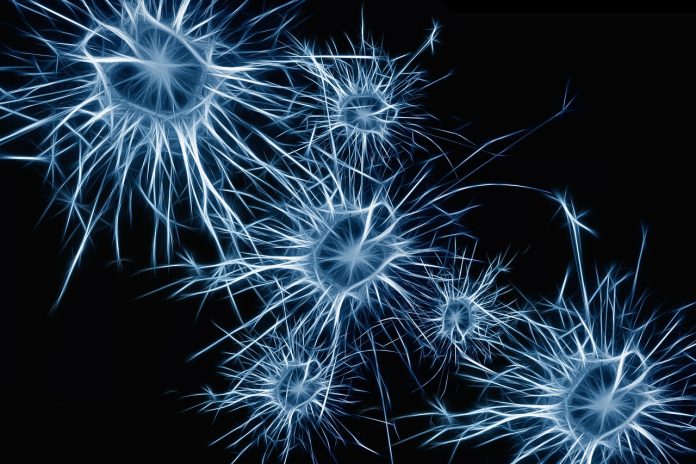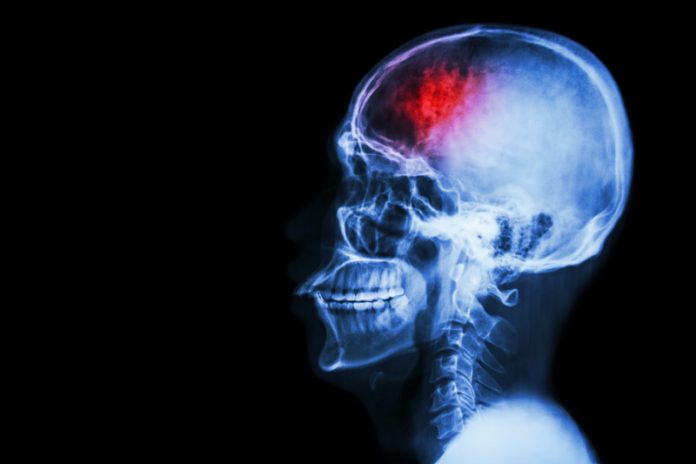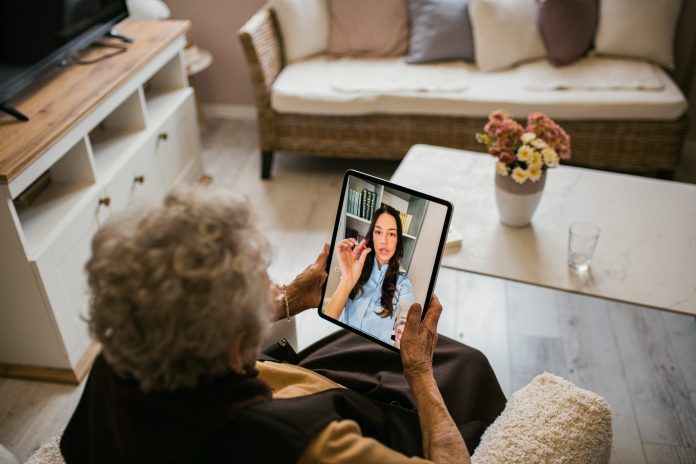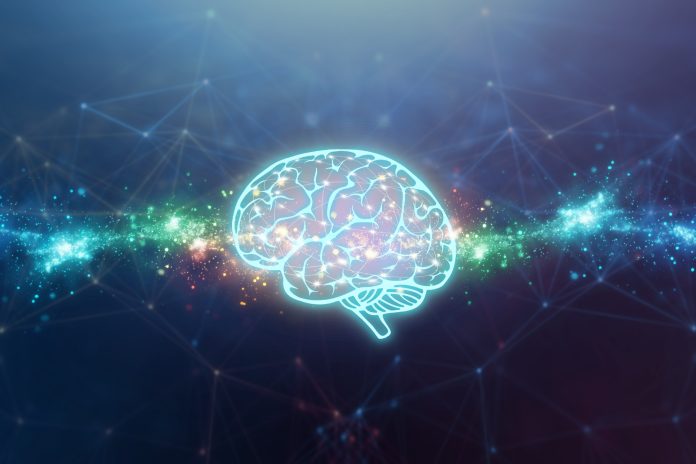Open Access Government produces compelling and informative news, publications, eBooks, and academic research articles for the public and private sector looking at health, diseases & conditions, workplace, research & innovation, digital transformation, government policy, environment, agriculture, energy, transport and more.
Home Search
stroke - search results
If you're not happy with the results, please do another search
Juliet Bouverie – Stroke Association
Juliet Bouverie has been Chief Executive of the Stroke Association since June 2016.
Recovery from stroke: The challenges
Juliet Bouverie, Chief Executive of the Stroke Association explores the challenges around recovery from stroke.
The National Stroke Programme for England: How to achieve world-class stroke care
Juliet Bouverie, Chief Executive of the Stroke Association, tells us how the NHS Long Term Plan and National Stroke Programme have the potential to transform stroke services across England in the next five years.
Stroke recovery: The exciting trends of the future
Steven A. Kautz, Professor at the Ralph H. Johnson VA Medical Center and the Medical University of South Carolina College of Health Professions gives a glimpse into the future trends for stroke recovery research.
Reducing the burden of neurological disease: A focus on stroke research
Open Access Government looks at the wider work of The National Institute of Neurological Disorders and Stroke in the U.S. when it comes to reducing the burden of neurological disease and how they are supporting stroke research
Mediterranean-style diet may lower women’s stroke risk
Following a Mediterranean-style diet may reduce stroke risk in women over 40 but not in men – according to new research led by the University of East Anglia
Heart Age Test gives early warning of heart attack and stroke
Public Health England (PHE) is calling for adults to take a free, online Heart Age Test, which will provide an immediate estimation of their 'heart age' to help prevent heart attacks and strokes
Understanding stroke in the UK
Esmee Russell from the Stroke Association reveals the extent of stroke as a major health issue in the UK today
The impact of stroke
Australian Stroke Foundation details the impact that a stroke can have on people of all ages plus how it can be prevented and treated
New research of the eye could alter the way stroke patients are assessed and...
Research into curious bright spots in the eyes on stroke patients’ brain images could one day alter the way they are assessed and treated
A team of scientists at the National Institutes of Health found that a chemical routinely given to stroke patients undergoing brain scans can leak into their...
New figures show larger proportion of strokes in the middle-aged
Statistics released by Public Health England have found that over a third of first-time strokes happen in middle-aged adults
In England, one in six people will have a stroke in their lifetime, and new statistics released by Public Health England (PHE) show that 57,000 people had their first-time stroke in 2016.
It...
New approach to preventing heart attacks and strokes announced
A new drive from the NHS and Public Health England (PHE) to help prevent heart attacks and strokes has been announced today
The impact of stroke in young people
Jukka Putaala from the European Stroke Organisation outlines the effects of stroke in young people compared to stroke in the older generation
Shining a light on brain functionality after stroke
Professor Saverio Pavone, of the European Laboratory for Non Linear Spectroscopy and Department of Physics highlights the latest advances in stroke research
Improvements in stroke care, awareness and early detection
Frederic Destrebecq, Vinciane Quoidbach and Alison Turner at the European Brain Council discuss improvements in stroke care, awareness-raising and early detection
Stroke is a leading cause of disability and mortality among adults. It is the third cause of death worldwide and the first cause of acquired disability.1 Despite improvements in...
Spontaneous brain plasticity brings hope after stroke
Stroke is a major cause of morbidity and mortality worldwide, but research into spontaneous brain plasticity could offer hope for recovery
Among the main causes of brain injury, ischemic or haemorrhagic stroke burdens the life of hundreds of thousands of people each year. Approximately half of the survivors are susceptible...
Stroke and neuroplasticity: A multiscale insight
After a stroke, neuroplasticity contributes to spontaneous recovery; exactly how, Professor Francesco Pavone and colleagues are investigating
Cerebral stroke often leaves victims with significant psychical and physical impairments – from vision problems to aphasia and motor deficits. It is the number one cause of adult disability worldwide, and have a...
Tackling loneliness through telecare: Supporting vulnerable people in Spain
Abel Delgado, Managing Director of Tunstall Spain, explains the urgency of loneliness as a health problem for the elderly and what other regions can learn from Spain’s proactive and preventative approach, that benefits both physical and mental health.
Brain innovation days 2024: Understanding the brain across a lifetime
Over 165 million Europeans are living with a brain disorder, this is an increased challenge that requires more attention and innovative solutions.
The future of personalised cardiovascular disease detection and monitoring
Professor Allan Lawrie from Imperial College London, discusses the future of personalised cardiovascular disease detection and monitoring, including comment on wearable technology and AI.


